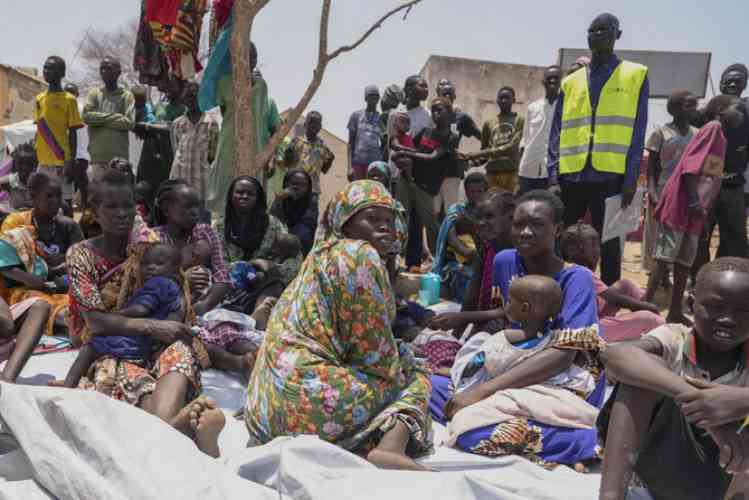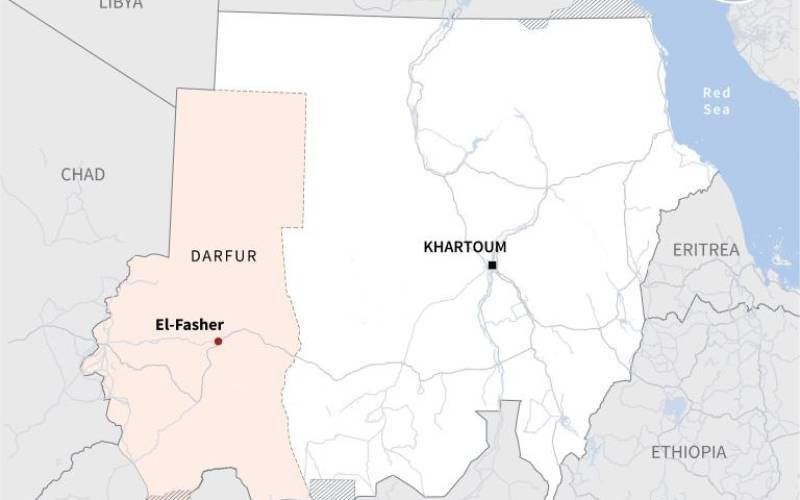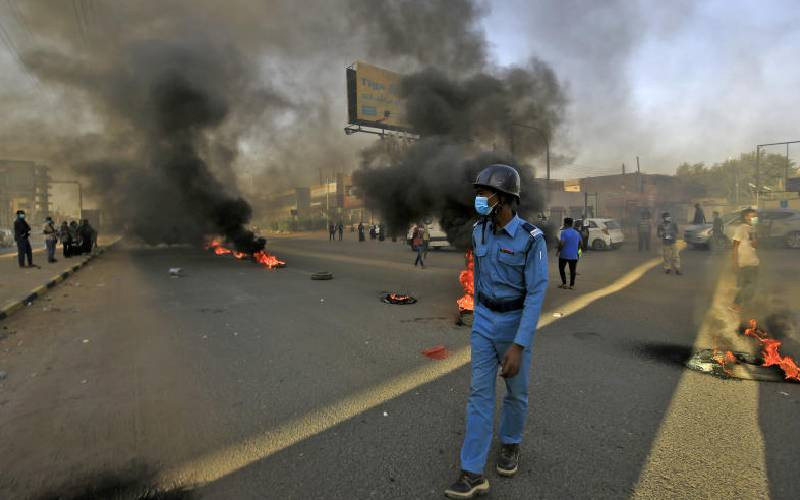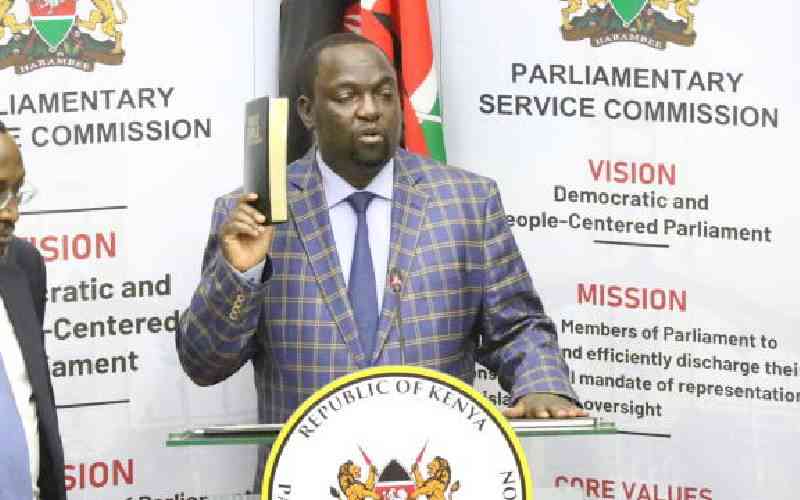Father Daniele Comboni, born in 1831 in Brescia, Italy, came to Africa at a time when sending missionaries to the continent were seen as “condemning them towards a sure death with no visible fruits”. But in death, Comboni was canonised by Pope John Paul II on October 5, 2003.
The book, Servants of the Gospel: Witnesses in the Footsteps of Saint Daniele Comboni in Sudan and South Sudan, offers a history of this expansive territory particularly on its religious leanings where in the north, the Arabic speakers are mostly Muslims compared to south where there are different cultures according to tribe - the Dinka, Nuer, Shilluk, Bari and others.
The first mission, Apostolic Vicariate of Central Africa was started by Canon Annetti Casolani in 1846 in present day Sudan, Niger and Tanzania. They first settled in Khartoum, before venturing South to Juba among the Bari and later the Dinka tribe at Abu Kuka known as Jonglei today. He first visited Juba, the Holy Cross missionary station, in 1857.
Not long after, at the deathbed of his colleague Fr Oliboni, Comboni swore ‘fidelity to Africa.’ But he was repatriated in 1859 near death.
In this period, about 50 missionaries all below the age of 40 died owing to the “the deadly climate and inexperience,” according to the introduction written partly by Salvadeo Cleonice who is now based in Nairobi but worked with the Comboni Missionaries in Sudan.
The priest would return to Africa in 1873. This was during the infamous season for the scramble of Africa, a state of affairs Comboni did not subscribe to.
Quoting Nigerian Cardinal Francis Arinze, part of his biography in the book reads, “...At the time of Comboni, many people thought Africa as a land to be explored, dominated... it was an object rather than a subject but Comboni wanted an Africa ‘that is the protagonist, comprehensive development in all spheres of life, ecclesial and social.”
He also believed in empowering women, and the book says he was the first to bring female missionaries to Africa. They were drawn from his Institute for the African Missions (Comboni Missionaries) which he founded in 1867 in Verona.
Comboni was forward thinking in that he did not see his church imposing the gospel to Africans, but he proposed that Africans had to be involved in their evangelisation, envisioned in the Save Africa with Africa mantra.
The book then highlights the biographies of the missionaries in the footsteps of Comboni including Sr Amalia Andreis, Sr Fortunata Quasce, Fr Josef Ohrwalder among many others.
Written by Comboni Sisters, Brothers and Fathers and published by Paulines Publications Africa last year, the book commemorates the 150th anniversary of St Daniele Comboni’s plan for the Regeneration of Africa under what he called the Hour of Africa.
It also tells the story of the church in South Sudan as civil war raged leading to break from Sudan in 2011 to current conflict pitting Silva Kiir and Riek Machar that has escalated into a full-blown tribal war.
 The Standard Group Plc is a
multi-media organization with investments in media platforms spanning newspaper
print operations, television, radio broadcasting, digital and online services. The
Standard Group is recognized as a leading multi-media house in Kenya with a key
influence in matters of national and international interest.
The Standard Group Plc is a
multi-media organization with investments in media platforms spanning newspaper
print operations, television, radio broadcasting, digital and online services. The
Standard Group is recognized as a leading multi-media house in Kenya with a key
influence in matters of national and international interest.
 The Standard Group Plc is a
multi-media organization with investments in media platforms spanning newspaper
print operations, television, radio broadcasting, digital and online services. The
Standard Group is recognized as a leading multi-media house in Kenya with a key
influence in matters of national and international interest.
The Standard Group Plc is a
multi-media organization with investments in media platforms spanning newspaper
print operations, television, radio broadcasting, digital and online services. The
Standard Group is recognized as a leading multi-media house in Kenya with a key
influence in matters of national and international interest.








